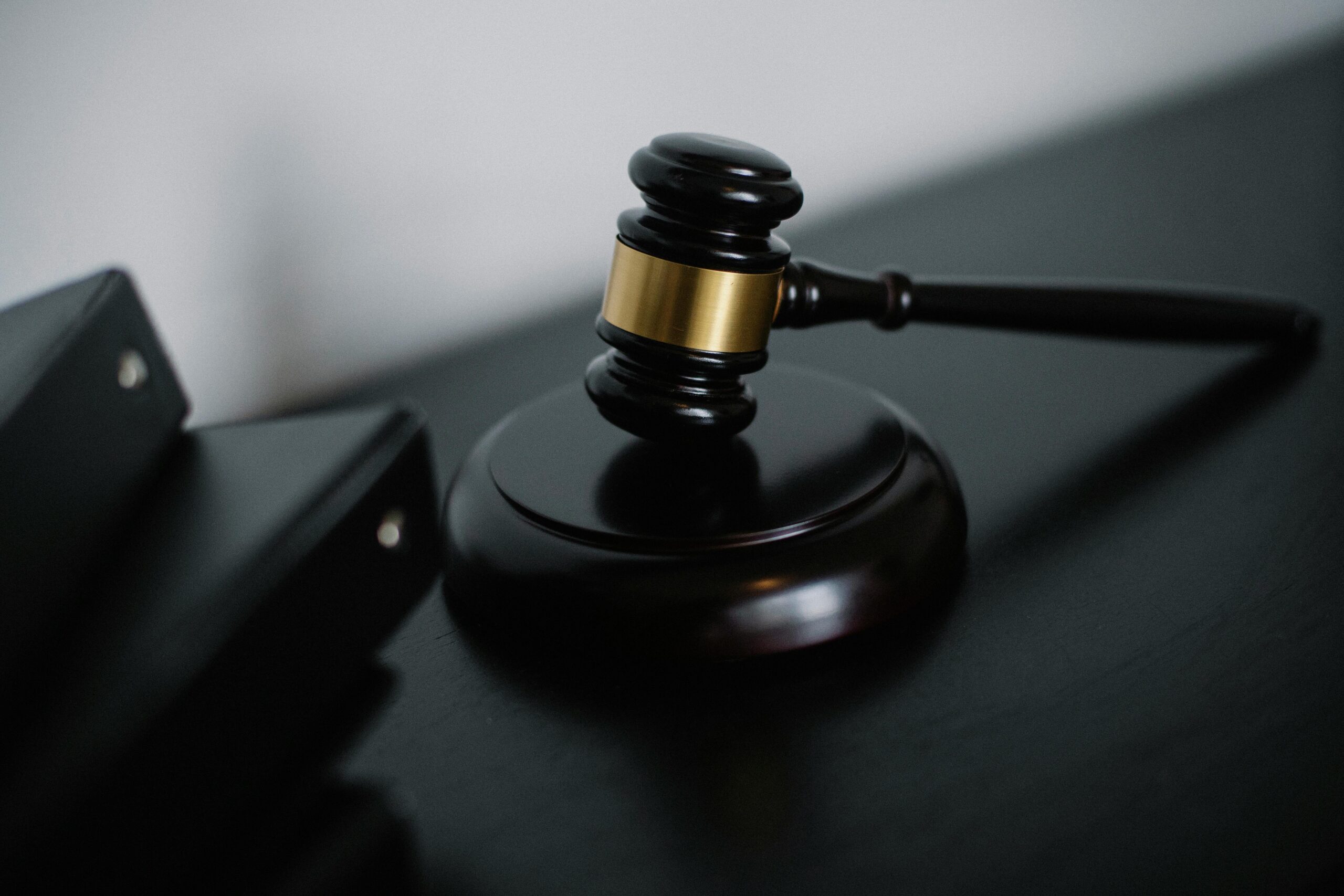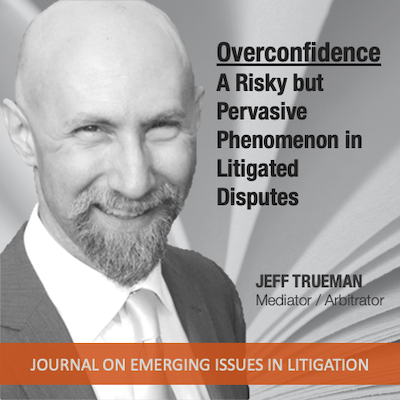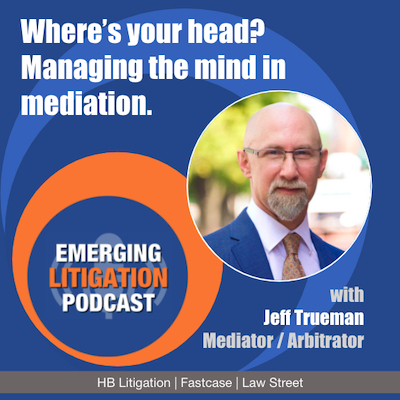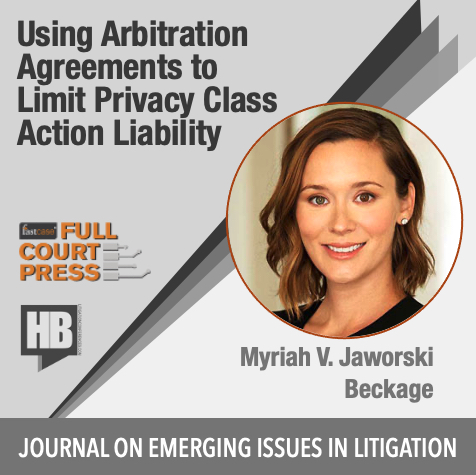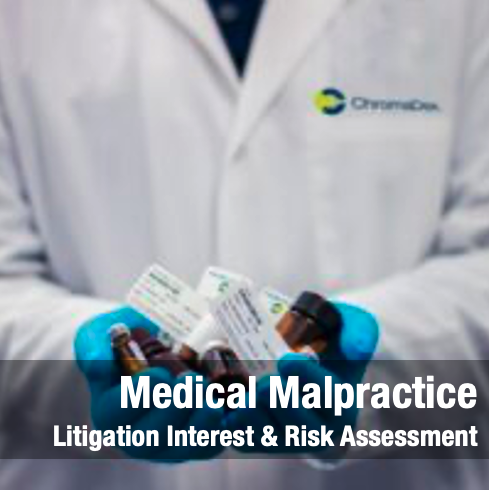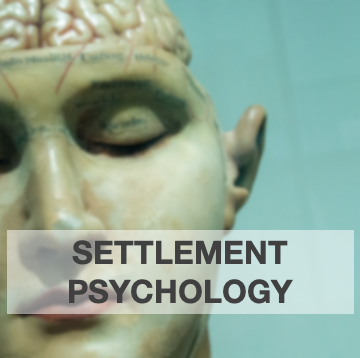Resolving Business Disputes Without Burning Bridges Featuring Judge Alan Fine on the Emerging Litigation Podcast
In this episode of the Emerging Litigation Podcast, retired Judge Alan Fine of Private Resolutions explores how businesses can resolve disputes without destroying valuable relationships. Drawing on decades of experience on the bench and in commercial litigation, Judge Fine explains the pros and cons of mediation, arbitration, and “private judging,” which allows parties to choose their own judge and resolve matters quickly and confidentially. He shares how aligning your dispute resolution strategy with business objectives—rather than emotions—can preserve partnerships, save time, and achieve fair results.


